Impact Of Quality Control Orders (qco) On Domestic And Imported Textile Products & Machinery
Share Post
The implementation of Quality Control Orders (QCO) in the Indian textile sector has led to significant changes for both domestic and imported products, as well as the machinery used in textile production. The primary aim of QCOs is to ensure that all textiles meet strict standards for quality, safety, and environmental compliance. This initiative, while designed to elevate the overall quality of textiles available in India, also brings challenges for manufacturers, importers, and machinery suppliers.
For domestic textile manufacturers, the introduction of QCOs has pushed them to improve their product standards. The regulations ensure that textiles produced in India meet high-quality benchmarks, making products safer, more durable, and environmentally friendly. This improvement in quality benefits consumers, as they receive textiles that are more reliable and better suited to international standards. However, complying with these regulations comes at a cost. Manufacturers, particularly small and medium-sized enterprises (SMEs), face financial pressures due to the need to upgrade their production technology, improve quality control processes, and ensure compliance with the new standards.
These increased costs can be burdensome for smaller players, potentially leading to consolidation in the industry as larger companies, better equipped to meet the standards, strengthen their hold on the market. While compliance costs are a challenge, QCOs also offer opportunities for domestic manufacturers. Companies that can meet the new standards will gain a competitive edge over those that cannot, both in the domestic market and in international trade. By aligning with global standards, Indian textiles become more competitive in export markets, opening up opportunities for manufacturers to expand their reach globally. This can enhance India's reputation as a producer of high-quality textiles and increase its share in the global textile trade.
The impact of QCOs is also felt by importers of textile products. Imported goods must now meet the same stringent quality standards as domestic products, which means substandard or unsafe imports are restricted from entering the Indian market. This not only protects Indian consumers but also reduces the influx of low-quality, low-cost imports that have historically competed with domestic products. As a result, Indian manufacturers face less competition from inferior imports, creating a more level playing f ield. However, for importers, ensuring compliance with QCO standards comes with additional costs, such as testing and certification. This can make imported textiles more expensive and potentially less competitive compared to domestic alternatives that meet the same standards at a lower cost. Additionally, QCOs may lead to a shift in India's textile import sources.
Textile machinery is another area affected by QCOs. To meet the new quality requirements, domestic manufacturers need to invest in advanced machinery that can produce textiles that comply with QCO standards. This creates a growing demand for technologically sophisticated machinery that incorporates automation and quality control features.
Domestic machinery producers must innovate to provide equipment that supports compliance with the regulations, while importers of textile machinery must also ensure that their products meet Indian standards. As a result,
machinery from countries with advanced technologies is likely to remain in demand, while cheaper, lower-quality machinery may lose its market share in India. Overall, QCOs in the textile sector are driving significant changes across the industry. While they pose challenges in terms of compliance costs, they also offer opportunities for domestic manufacturers to improve product quality and compete more effectively in both local and global markets. The regulations are reshaping the landscape for both domestic and imported products, as well as the machinery that supports the industry's growth.
10:13 AM, Dec 09
Other Related Topics
.webp)
US–Bangladesh Tariff Pact Brings Fresh Momentum to Garment Exports
04:08 PM, Feb 10



.webp)
.webp)

1.webp)
1.webp)
1.webp)


1.webp)
1.webp)


1.webp)
1.webp)
1.webp)



1.webp)

1.webp)




1.webp)


1.webp)
1.webp)
1.webp)


1.webp)
1.webp)

1.webp)


1.webp)
1.webp)
1.webp)
1.webp)
1.webp)

1.webp)
1.webp)


1.webp)

1.webp)


1.webp)
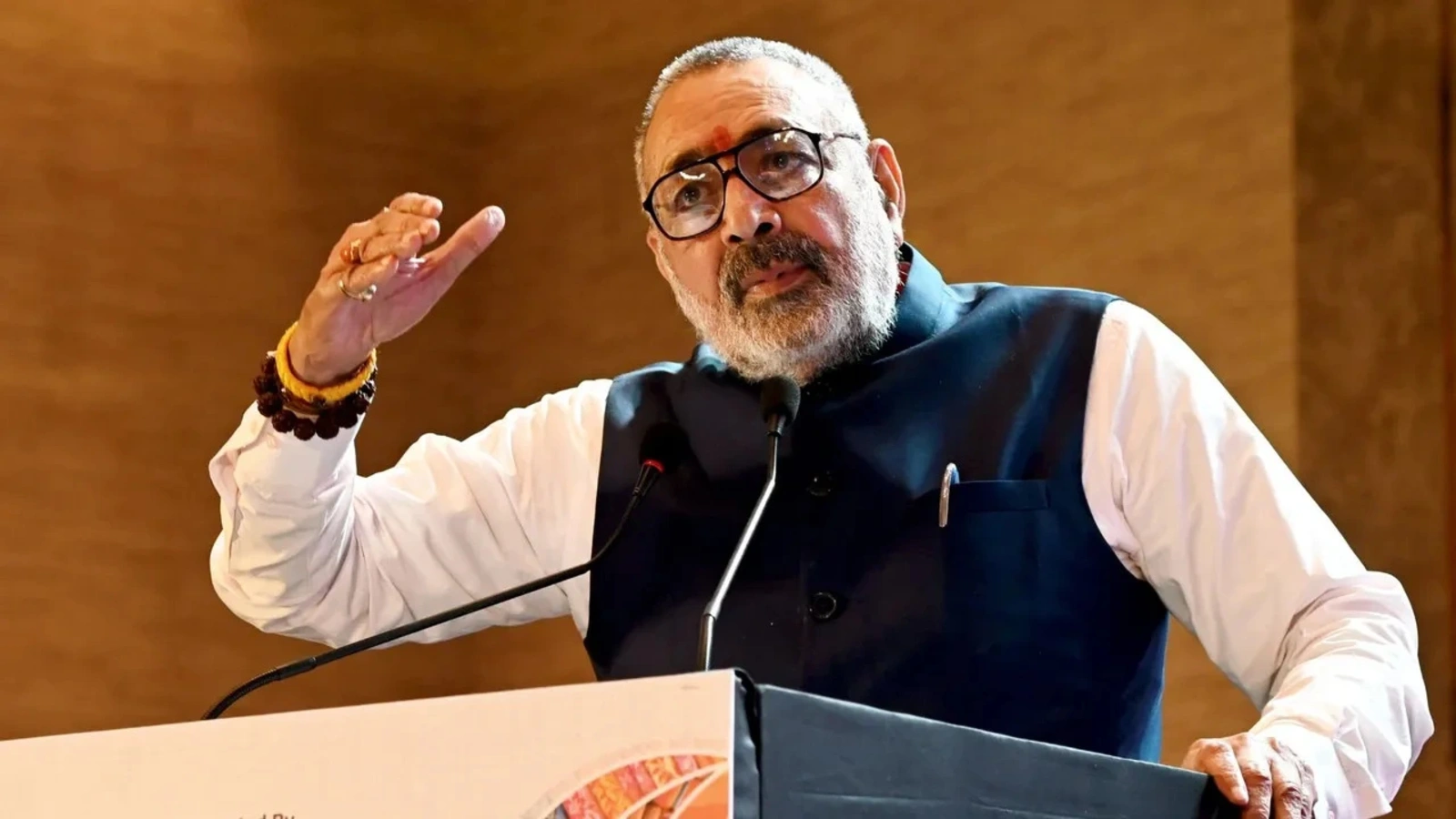
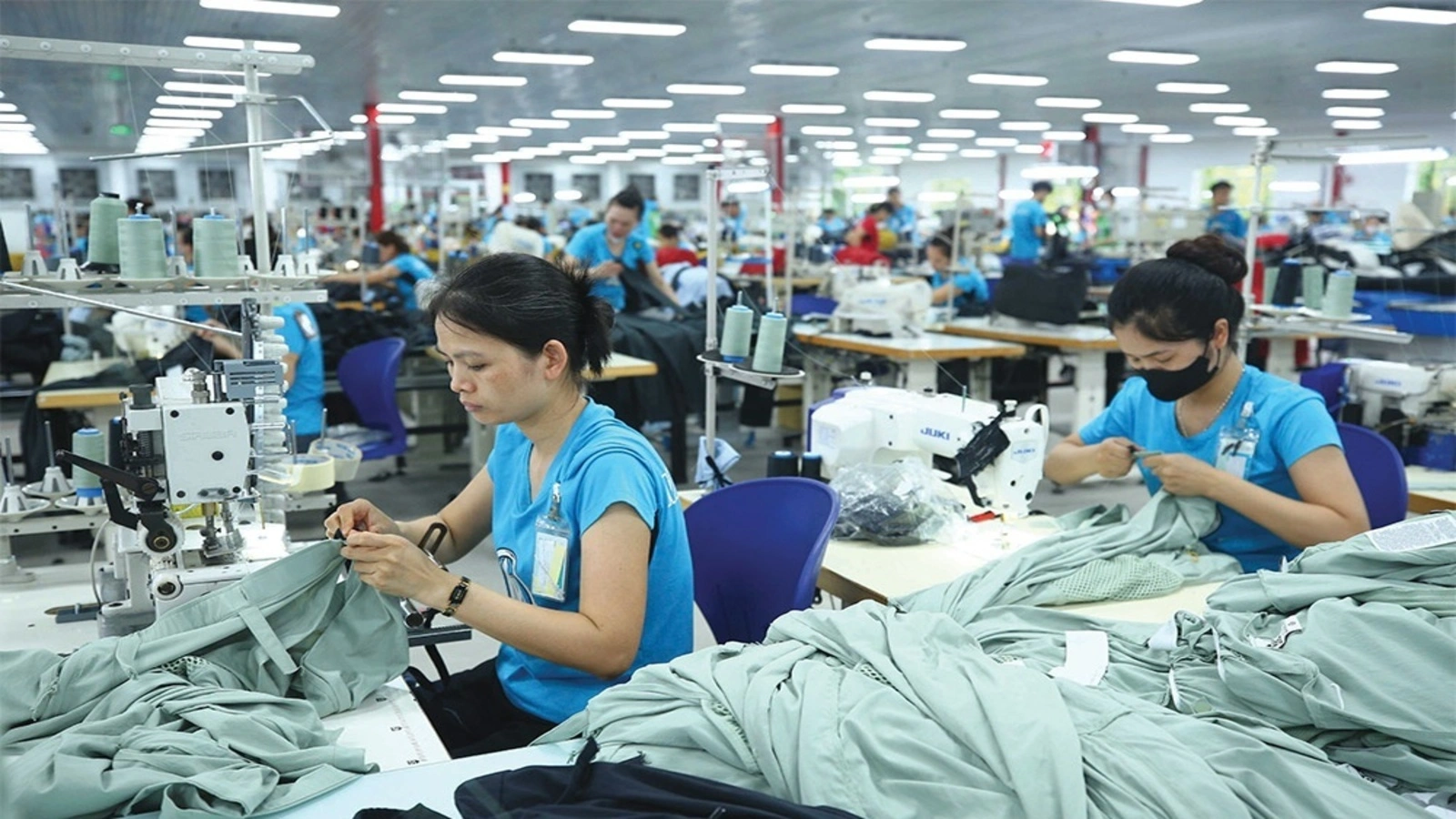
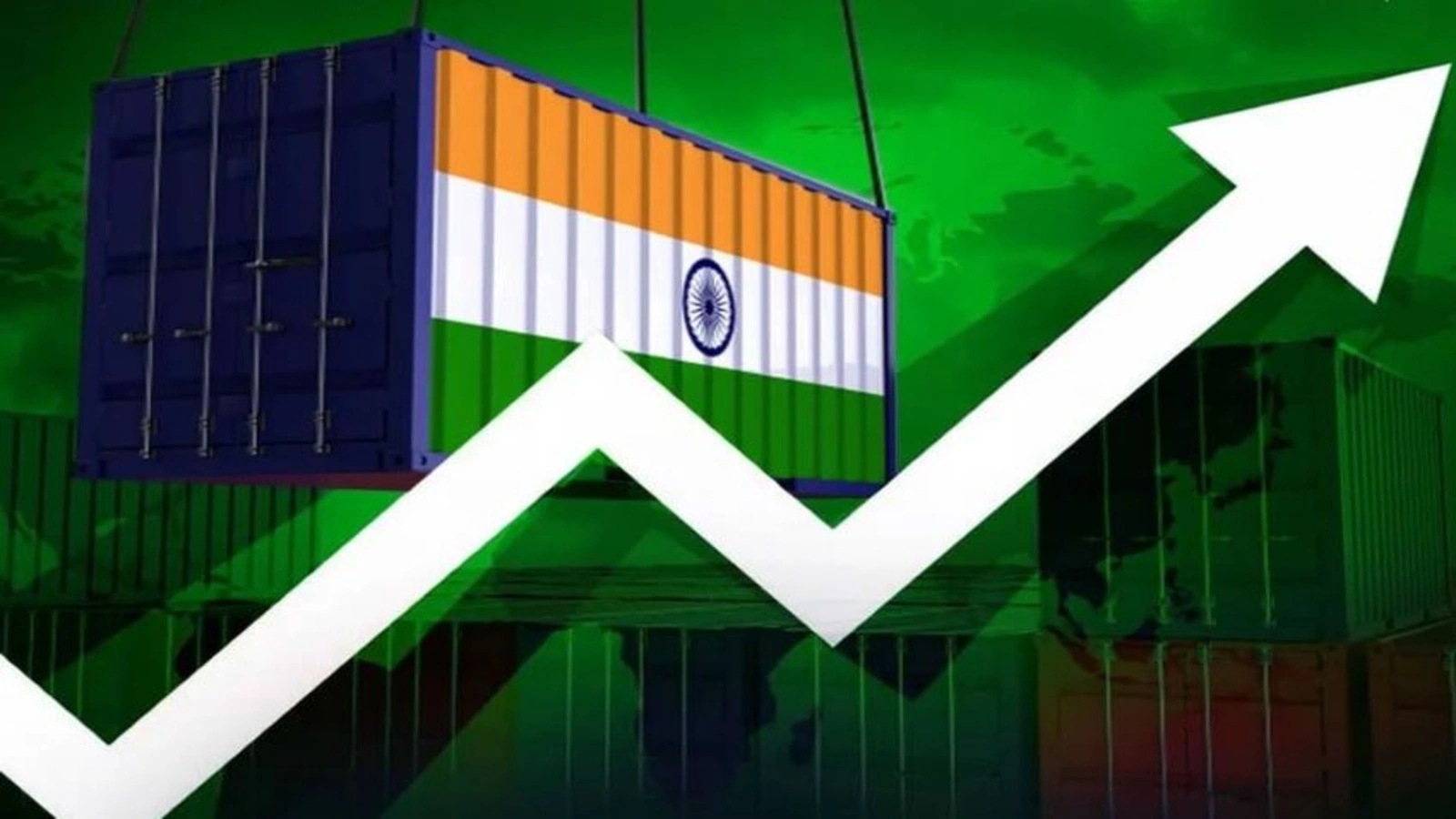

1.webp)




1.webp)

1.webp)
1.webp)
1.webp)

1.webp)
.webp)
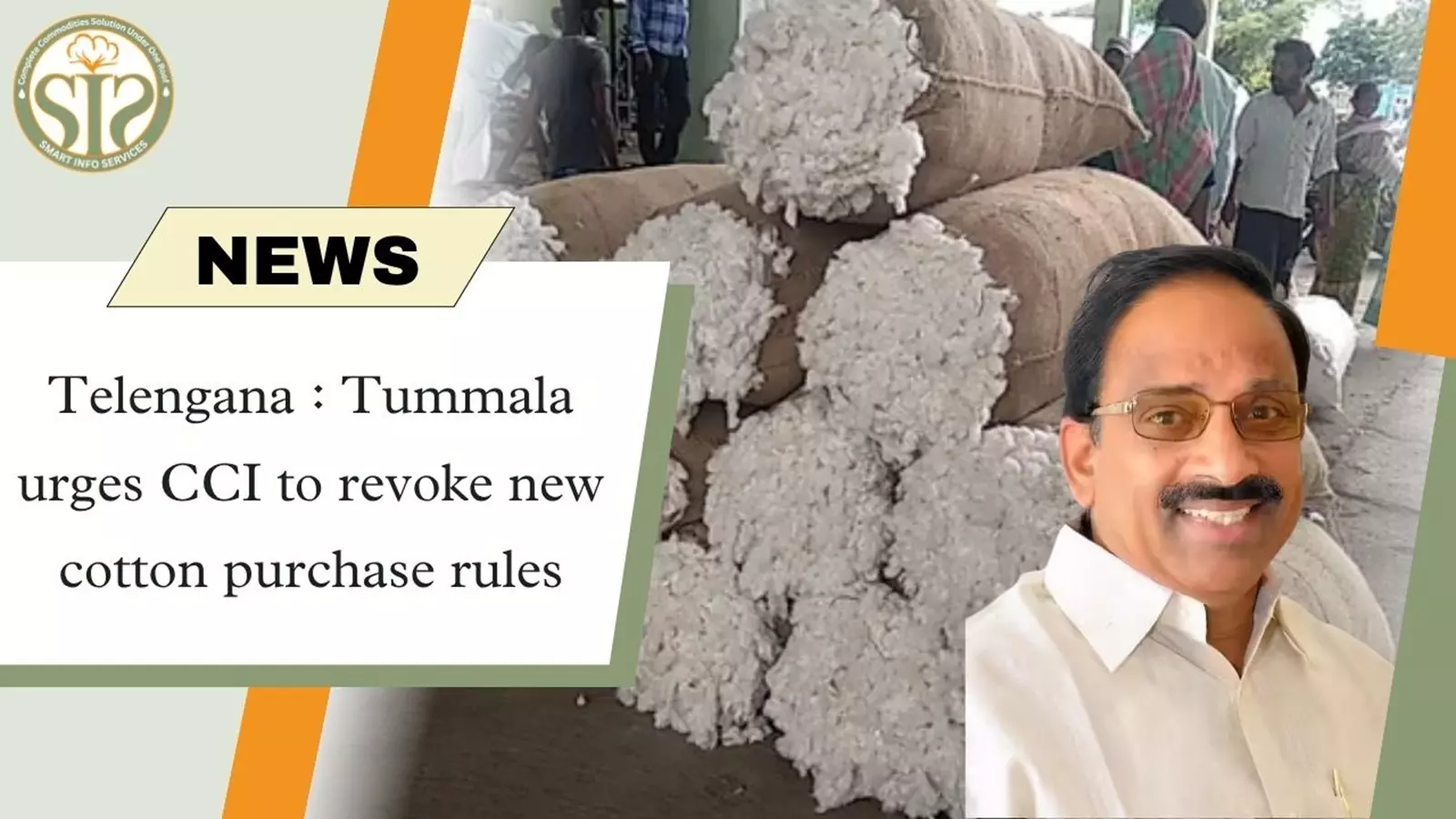

1.webp)

1.webp)




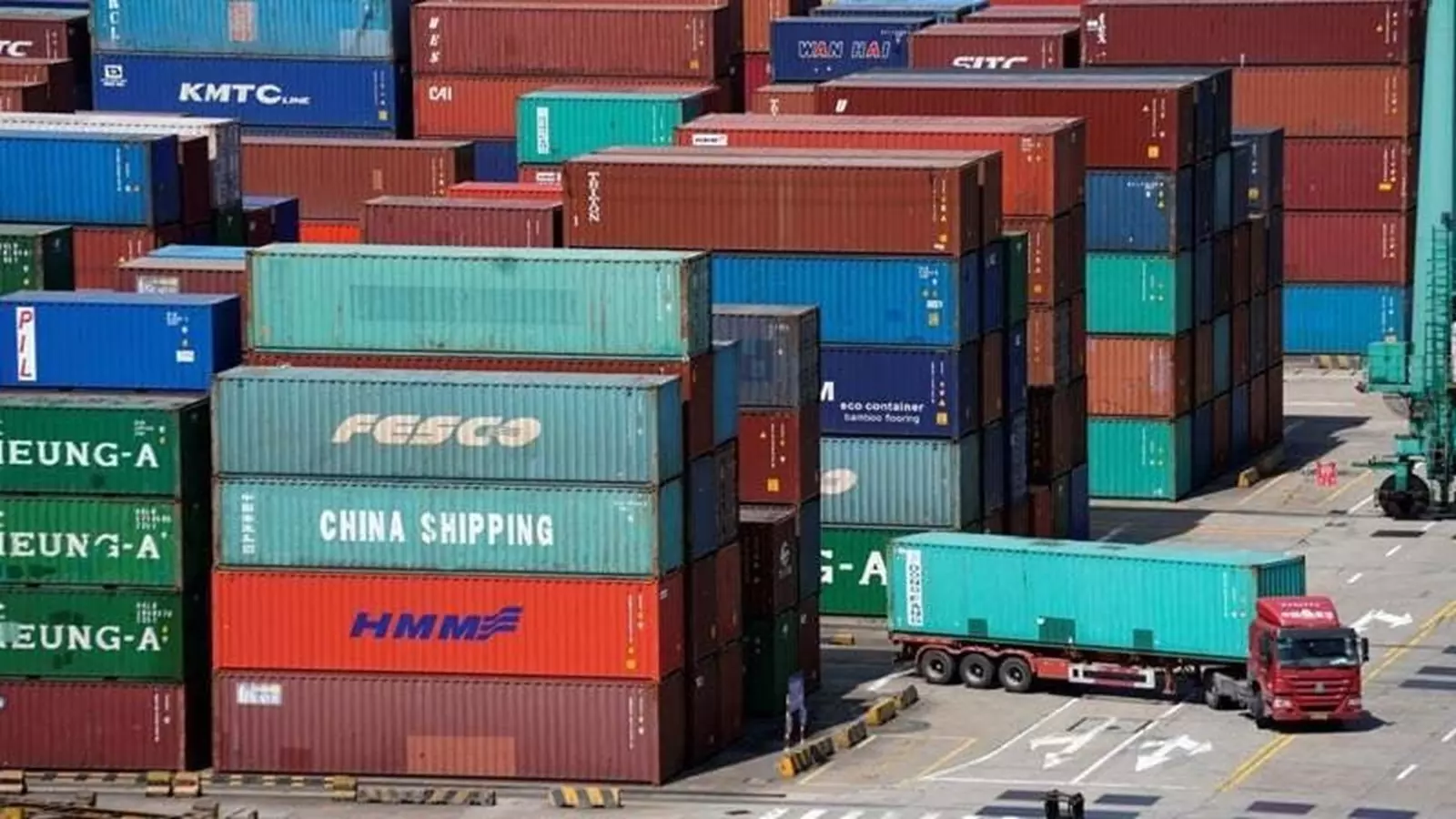
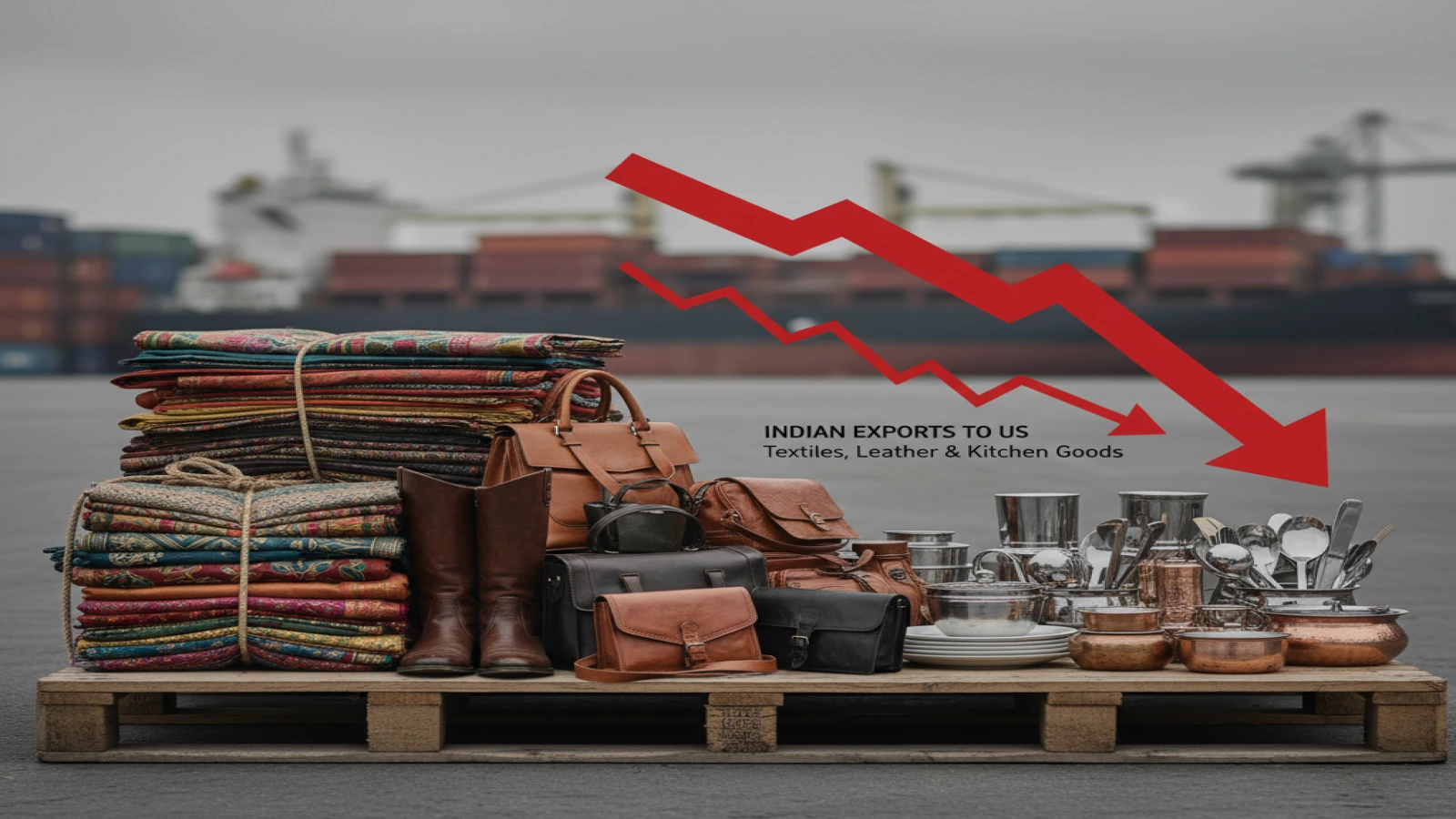


1.webp)
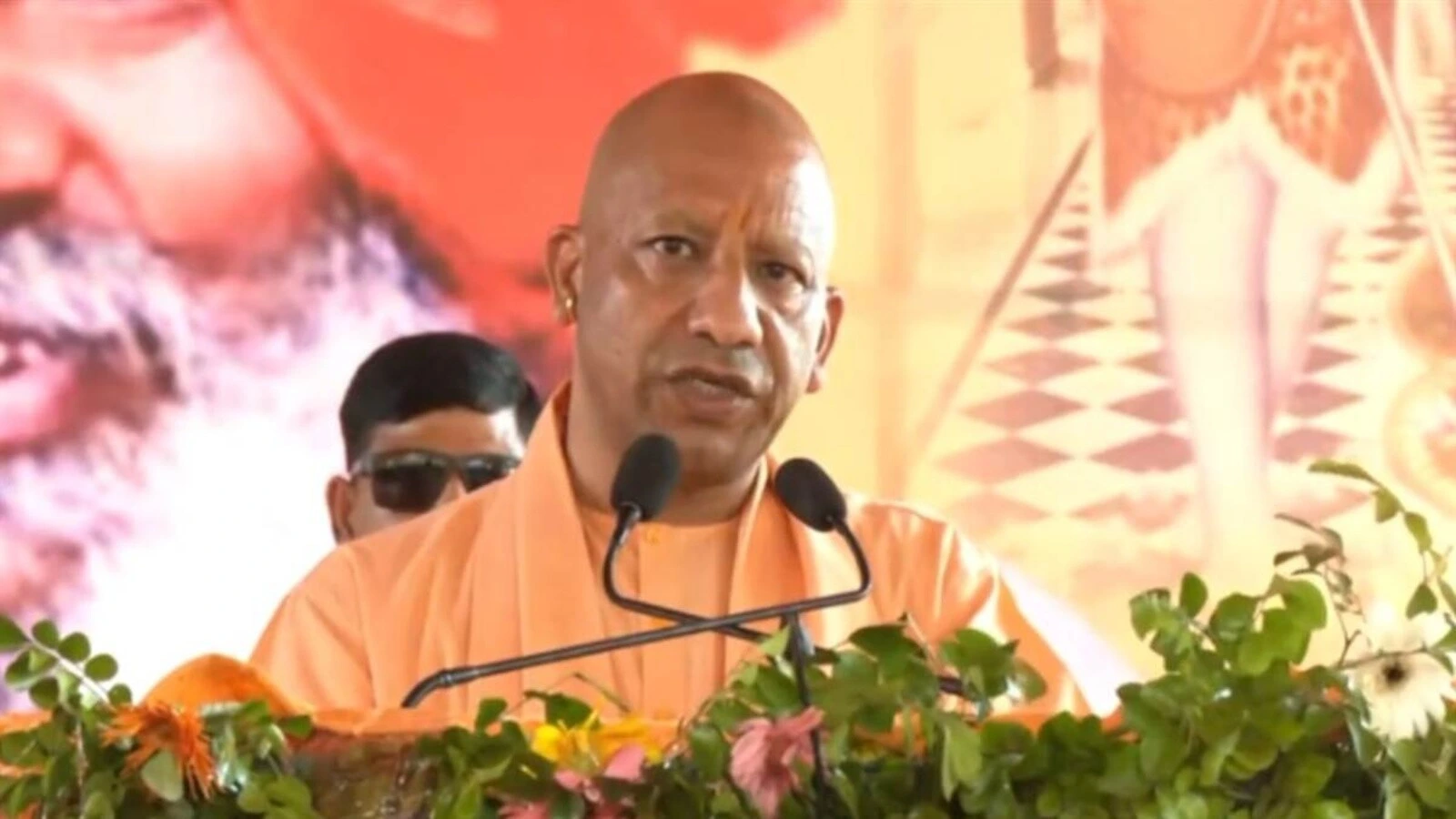
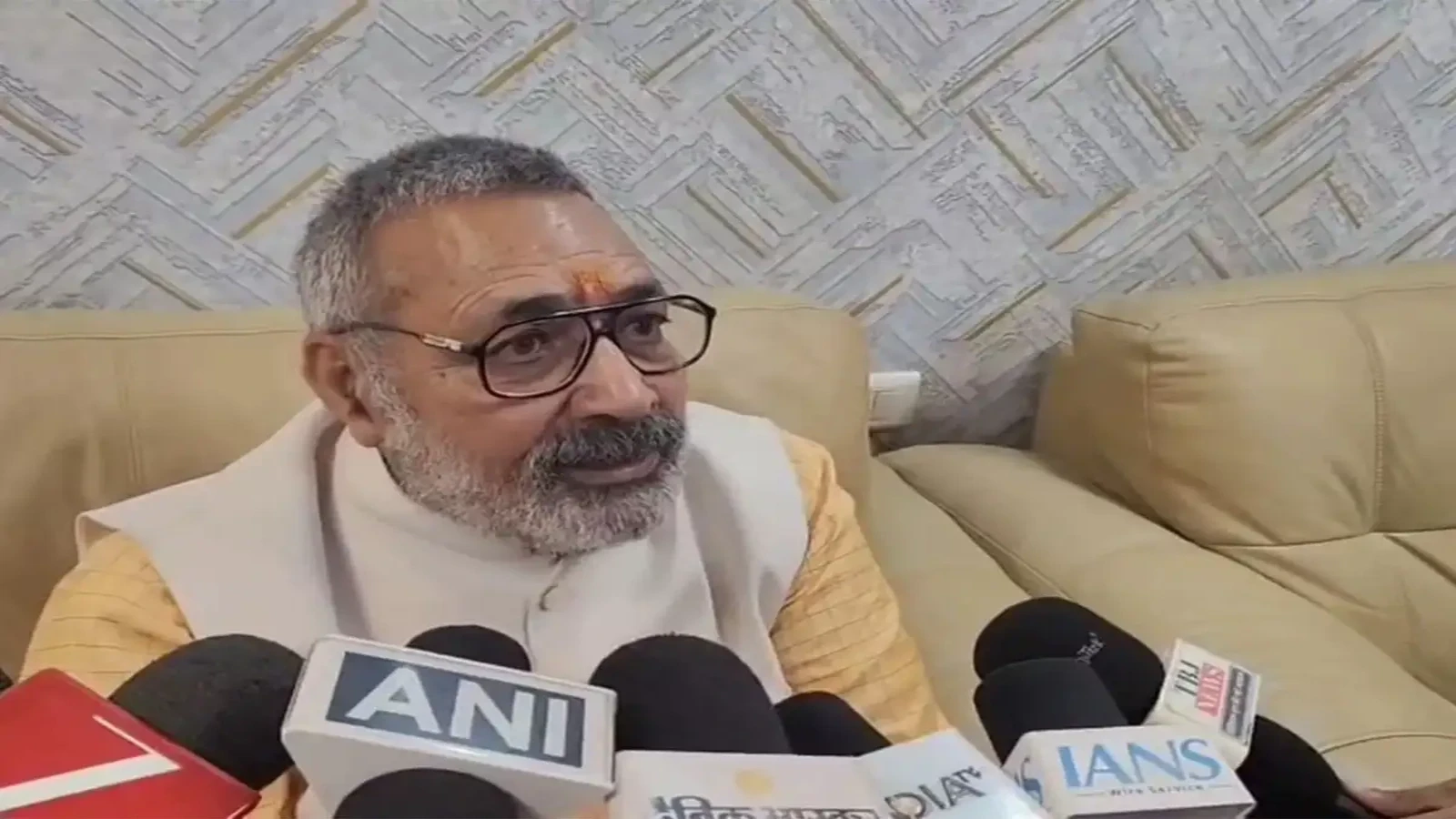

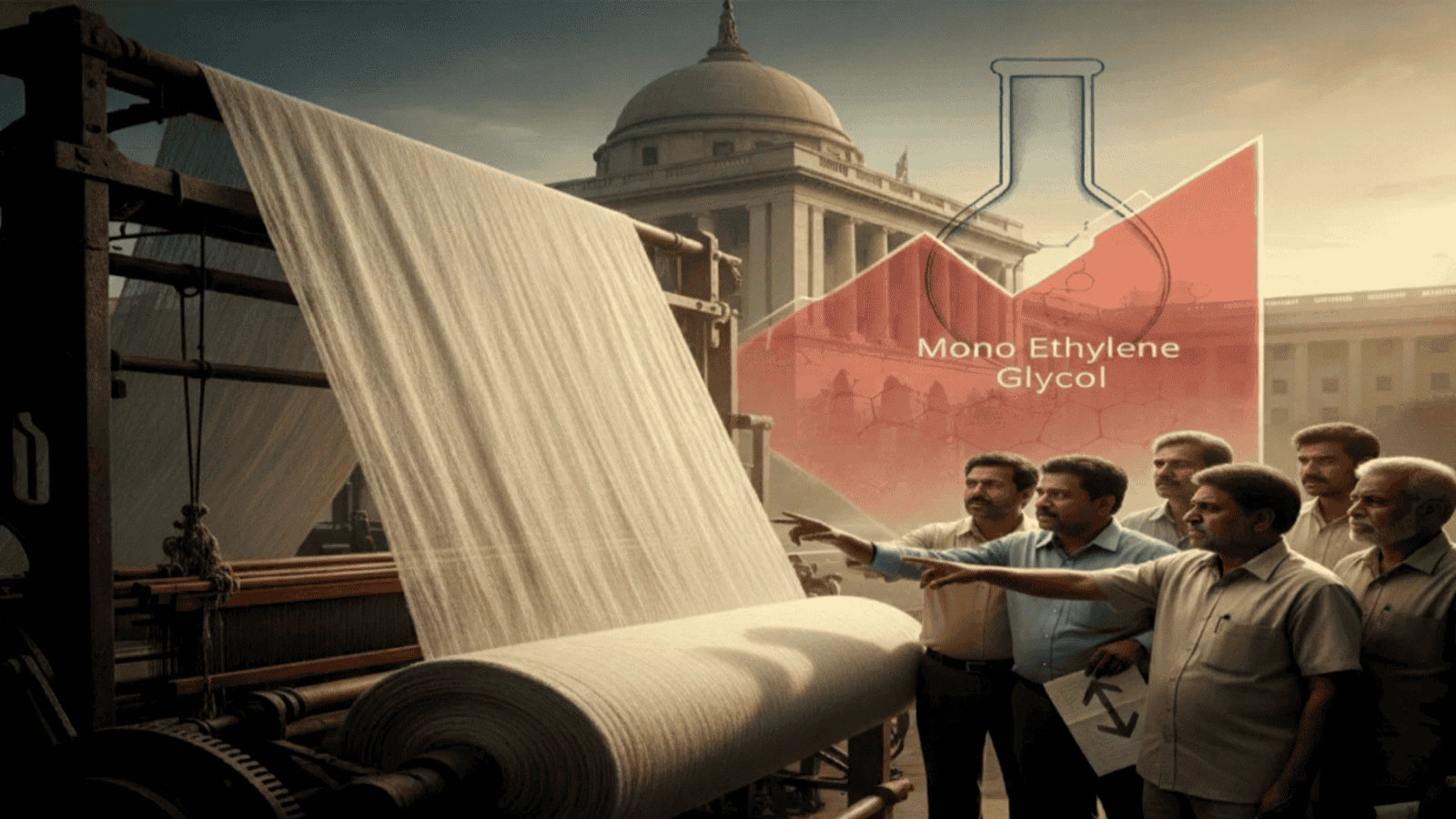
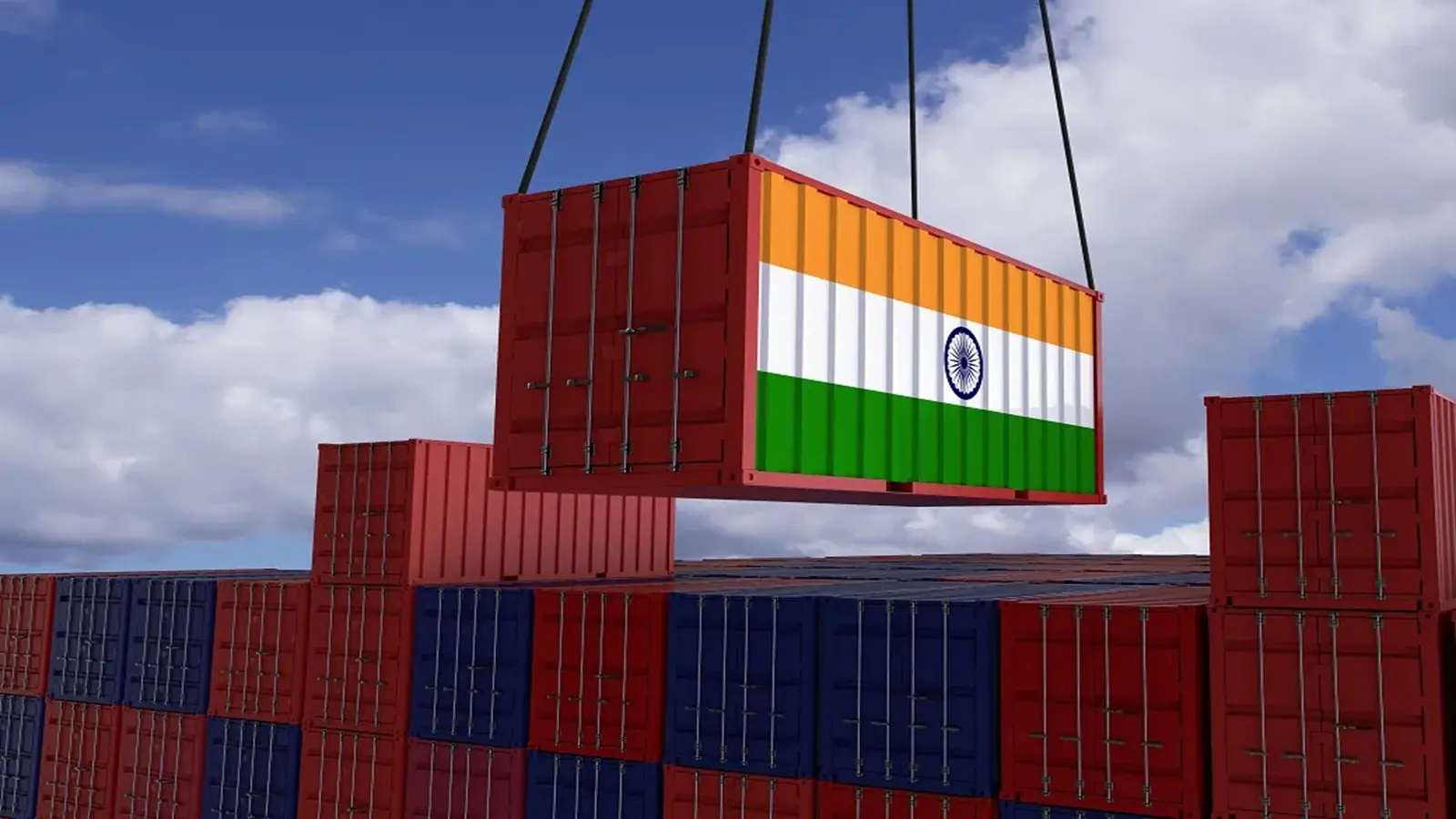

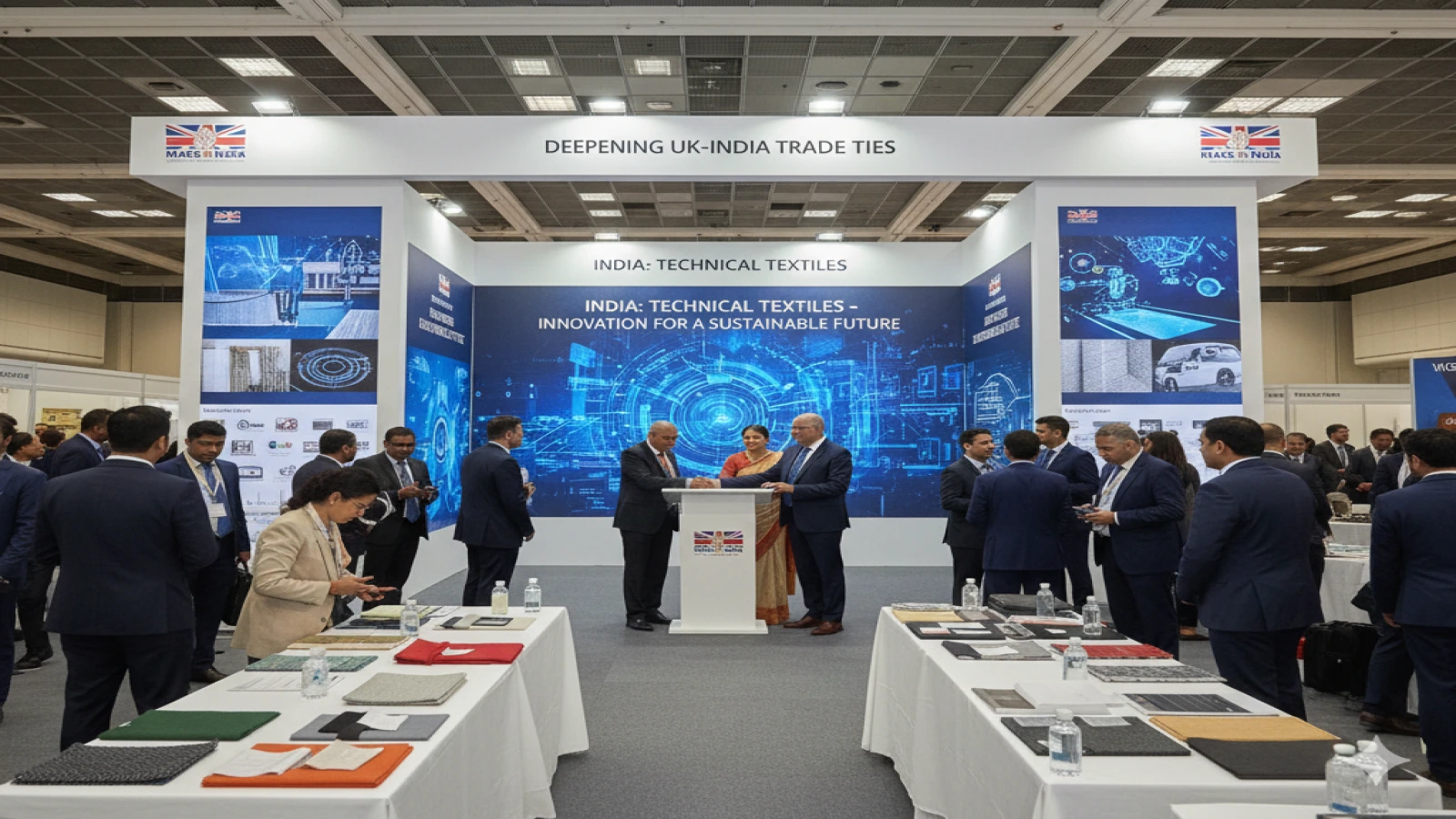


1.webp)

1.webp)

































































.png)









.jpg)
.jpg)




_(1)1.jpeg)








1.jpeg)
